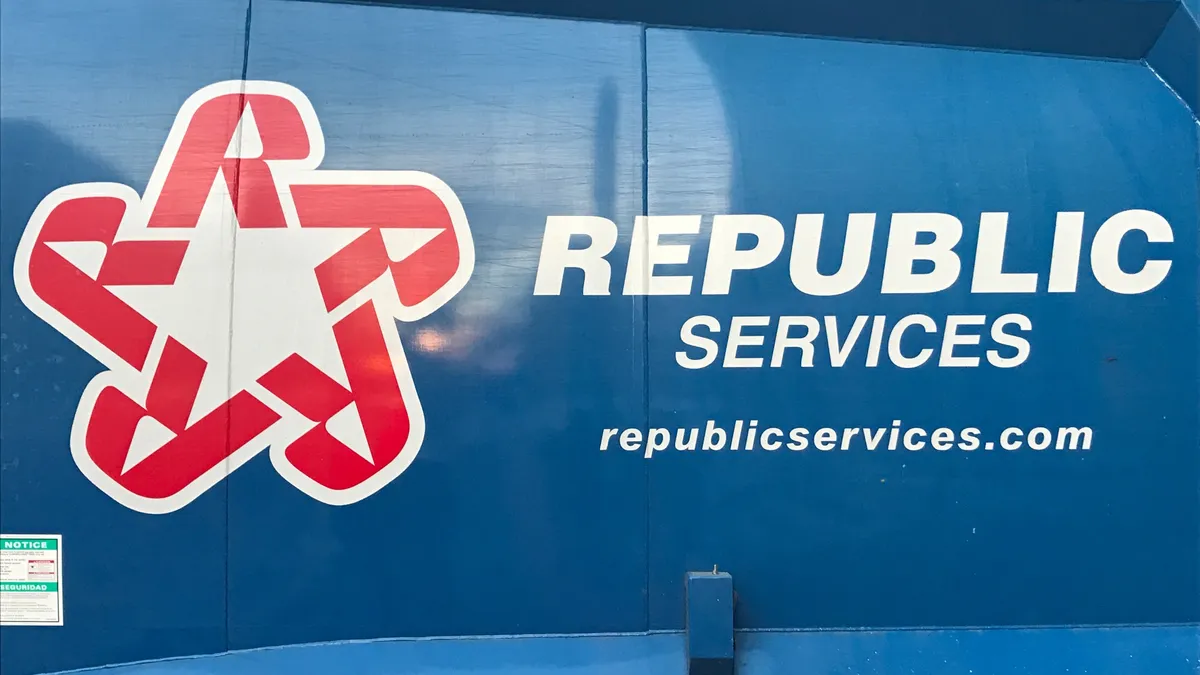Dive Brief:
- The Milpitas City Council voted 4-1 on June 6, in a closed session, to continue ongoing litigation against the California Department of Resources Recycling and Recovery (CalRecycle). Their stance is that CalRecycle didn't give adequate consideration to odor complaints at the Newby Island Resource Recovery Park before granting an expansion permit for the site last year, as reported by The Mercury News.
- This comes after the council announced last month it would no longer pursue litigation against neighboring San Jose or the Newby Island Resource Recovery Park, which is owned by Republic Services. At the time, it was reported that Milpitas had contracted for up to $260,000 in legal fees around the case.
- The suit against CalRecycle received a hearing in San Francisco County Superior Court on April 12 and the case is currently schedule to return to court on June 29. The city's attorneys contend that CalRecycle shouldn't have delegated full authority to the state's Air Resources Board when 2,400 odor complaints were received during the permit consideration period. Their goal is to have the permit vacated until new odor control measures are required.
Dive Insight:
Newby Island Resource Recovery Park, located on the border between Milpitas and San Jose, is tied to one of the country's more complex and protracted landfill expansion situations over the past year. While Republic settled a class action lawsuit and said it has taken multiple steps to address odors at the site, some residents remain unconvinced. This local sentiment was a factor in multiple decisions by the local government to distance themselves. The Milpitas City Council voted to begin sending waste to a different landfill — a decision which voters reaffirmed on a Republic-sponsored ballot question — and awarded their collection contract to a different local company.
Shortly after that decision, the San Jose Planning Commission voted unanimously to approve a 95-foot vertical expansion that is projected to keep the site open until 2041. Starting this fall, waste from Milpitas will start going to a landfill in San Jose. Earlier this year, the Milpitas City Council voted to spend an additional $1.2 million to change disposal sites with Waste Management due to additional community concerns in San Jose.
The desire among residents and elected officials in each city to send waste "away" has begun to add additional costs. The outcome of Milpitas' lawsuit against CalRecycle could potentially set a precedent for air quality decisions in future expansion cases. It will not solve the problem of residents not wanting to take responsibility for what they put out on the curb.














